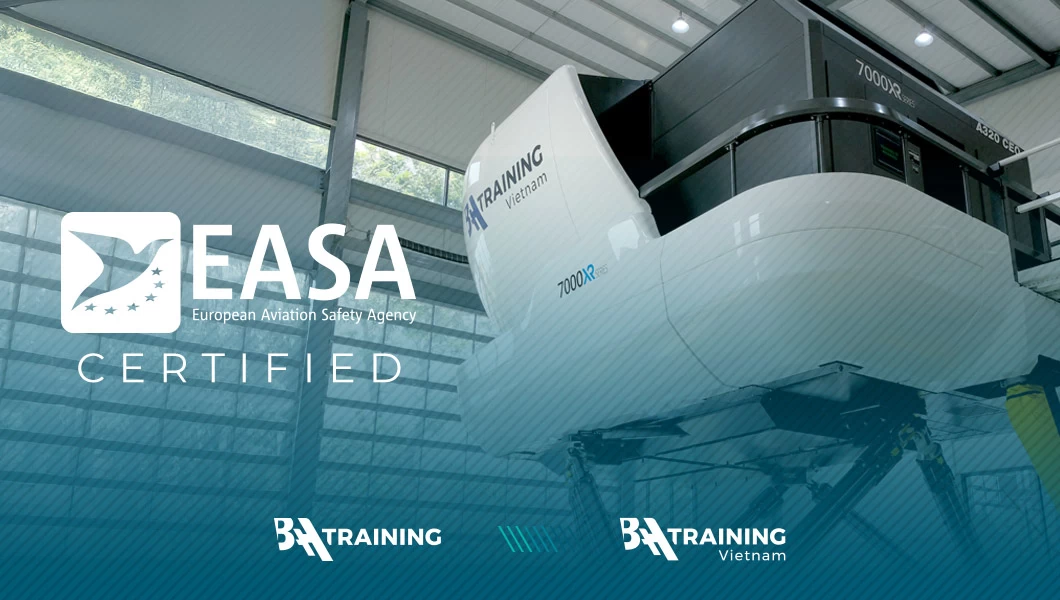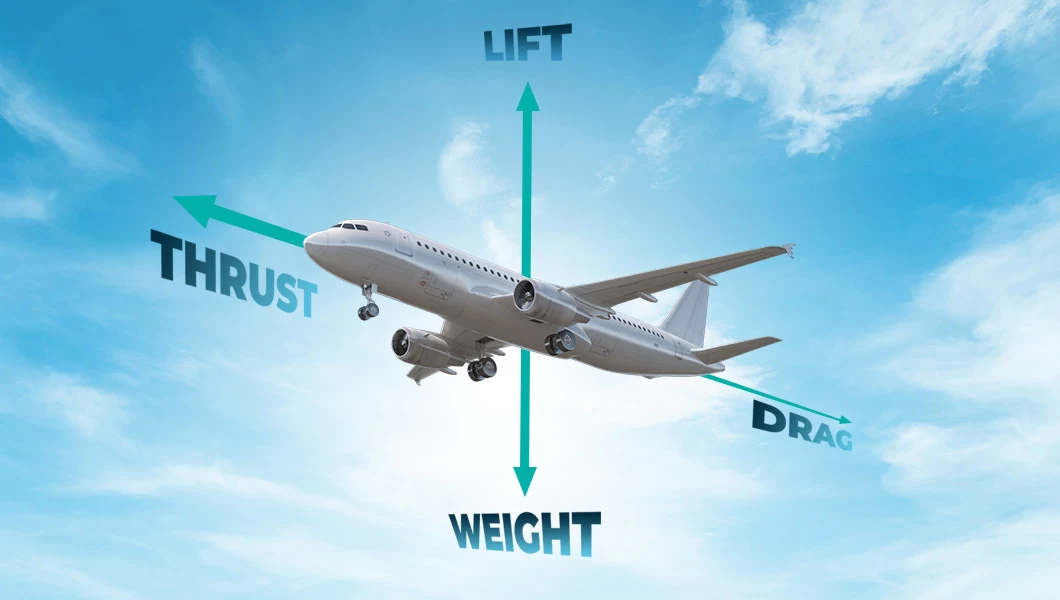Commonplace Working Procedures Are the Actual Sort Ranking Check
Within the essential transition from coaching cockpit to business flight deck, a set of abilities stands out because the true differentiator between well-prepared pilots and people who merely maintain a kind score: the disciplined, assured utility of Commonplace Working Procedures (SOPs).
Desire to pay attention? Press play to listen to this text.
Whereas trendy simulators can replicate the flight expertise and technical data will be memorized, it’s procedural fluency—below stress and in coordination with others—that finally determines a pilot’s readiness for airline operations. Throughout Europe, coaching organizations have recognized that cadets face important challenges not within the technical realm, however in adherence to SOPs.
IATA Annual Security Report 2024 revealed that 28% of flight path deviations and procedural incidents in CAT operations stem from non-adherence to SOPs or failures in crew coordination. Marcos Giner, Deputy Chief Flight Teacher for Sort Ranking at BAA Coaching, says that even cadets who “fly the aircraft appropriately” typically title procedural workload as their greatest hurdle.
“If you’re in a full flight simulator, it turns into evident that flying is the simplest half; the difficult side is mastering all the opposite crucial duties. When the dynamics of the cockpit intensify, the actual problem lies within the psychological capability to execute procedures reflexively, with out dropping situational consciousness.”
The hole in procedural data can result in critical penalties. In Line-Oriented Flight Coaching (LOFT) environments and real-world operations, failures in SOPs may end up in confusion throughout method, omissions in checklists throughout non-normal conditions, and delayed responses to ATC. Bridging this hole requires greater than merely accumulating simulator hours; it necessitates deliberate procedural immersion required from day one among sort score, complemented by strategic reinforcement, explains Giner.
This includes integrating SOP-driven briefings and flows throughout floor college and FTD classes, not simply in closing simulations. Moreover, it’s essential to include multi-crew flows and closed-loop communications into LOFT and non-normal scenario drills.
Comparable ARTICLES


“What distinguishes assured first officers from the remainder? It’s their capacity to carry out flows and checklists below stress, each time. That procedural fluency will not be acquired solely by means of checklists. It’s strengthened by means of structured follow, state of affairs immersion, and real-world expertise,” provides Giner.
Whereas SOPs are designed to simplify and standardize duties within the cockpit, they don’t seem to be inherently intuitive, particularly for cadets acquiring their sort score for the primary time. In distinction to the extra fluid dynamics of earlier coaching phases, SOPs require mounted sequencing, exact phrasing, and clear coordination. Giner emphasizes that for a lot of cadets, this shift towards structured, multi-crew operations represents a major problem in each mindset and workload administration.
“With out steady publicity to SOP-centered coaching environments, cadets danger getting into closing simulator classes nonetheless struggling to internalize timing, terminology, and stream logic. These habits could carry over into their actual flights.”
Your PILOT CAREER
begins with a primary click on
Join now
EASA’s 2024 Security Evaluate additionally highlighted that errors in automation administration and CRM disconnects are recurring deficiencies in new First Officers throughout preliminary line coaching evaluations, underscoring the necessity for procedural readiness earlier than day one on the road.
That’s why the best sort score applications deal with SOPs not merely as checklists to be taught, however nearly as a language to grasp. The purpose is not only reminiscence, however instinctive response, making a psychological mannequin so stable that cadets can act reliably even in crucial, high-pressure conditions.
“Coaching environments should transcend displaying cadets what SOPs seem like. They should allow them to stay them. This implies coaching in stream self-discipline, cockpit logic, and determination pacing, not simply regulatory compliance,” notes Giner. “As cockpits develop into more and more automated, the expectation isn’t doing much less however doing the precise factor on the proper time. SOPs are important for sustaining that timing precision. The boldness to behave decisively below stress is cultivated by means of fixed publicity to the identical procedural logic they are going to face within the line.”
SOP proficiency stays one of many clearest indicators of whether or not a cadet is prepared for airline operations. It displays their capacity to handle complexity, adapt below stress, and work in sync with their crew. Creating this ability requires greater than publicity—it calls for consistency, context, and steerage from instructors who perceive each the procedures and the setting they help. For coaching organizations, the purpose isn’t to provide compliant pilots, however succesful ones; professionals who view SOPs not as a formality, however because the operational spine of each flight.





